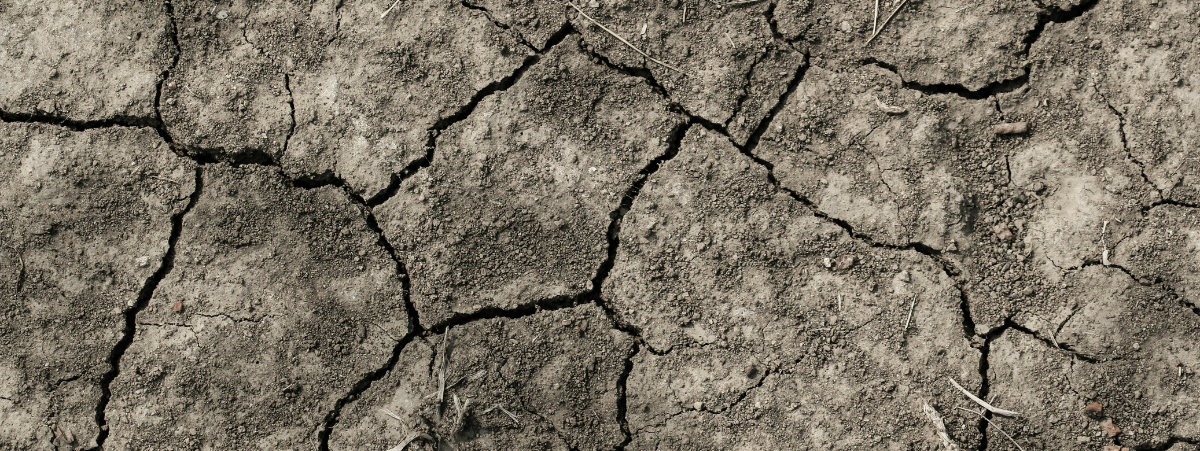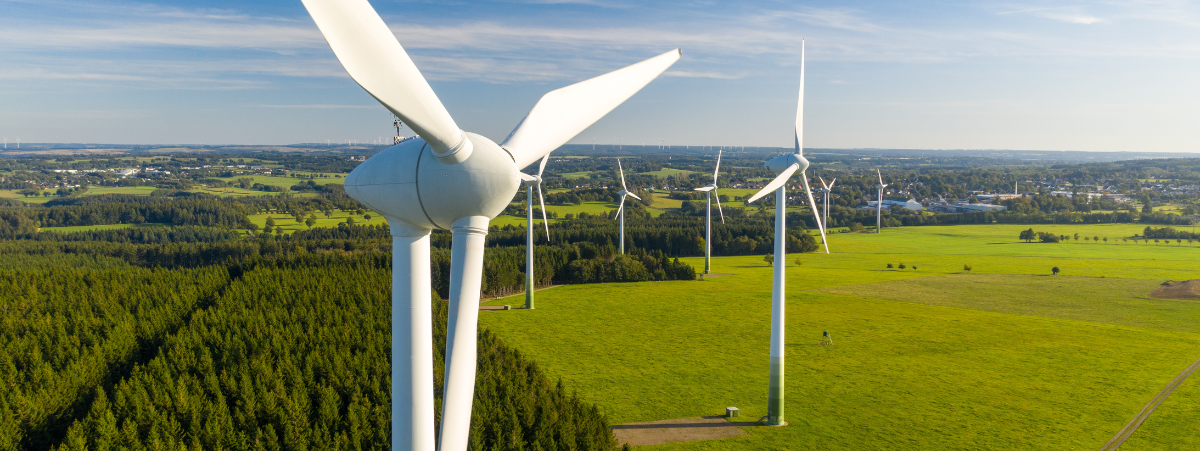UN Warns of Impending Global Shortfalls in Sustainable Development Goals Without Urgent Action. We can’t afford to wait – the clock is ticking.
The United Nations Sustainable Development Goals (SDGs) were established as a global blueprint for a better future, aiming to eradicate poverty, address inequality, protect the environment, and promote peace and prosperity for all. With just 7 years to go in our journey to 2030, it is crucial to assess the progress made so far in order to chart a path forward. Unfortunately, the latest progress report paints a grim picture, highlighting the urgent need for action. The reality is we’re falling short of the United Nations SDGs, with only 12% of targets on track. It’s time to act urgently to tackle poverty, gender inequality, education, and climate change head-on.
Fragile Progress and Slow Momentum of Sustainable Development Goals (SDGs)
Data from the United Nations SDG Progress Report – Special Edition (Economic and Social Council 2023 session) shows that early efforts after the adoption of the SDGs did yield some positive results. Extreme poverty rates continued to decline, as did child mortality rates. Significant strides were made in combating diseases such as HIV and hepatitis. Additionally, gender equality targets were showing promising outcomes, with progress being made in some areas. Access to electricity in impoverished countries was increasing, and the share of renewable energy sources in the global energy mix was on the rise. Furthermore, unemployment levels had returned to pre-2008 financial crisis levels, indicating a positive trend.
Nevertheless, it has become evident that much of this progress was fragile and too slow. Over the past three years, various challenges, including the COVID-19 pandemic, the war in Ukraine, and climate-related disasters, have exacerbated the already faltering progress. As a result, the SDGs find themselves in trouble.
SDG Targets Off Track
A preliminary assessment of the roughly 140 targets with available data reveals a concerning reality: only about 12% are on track to be achieved by 2030. Nearly half of the targets, while showing some progress, are either moderately or severely off track. Around 30% have seen no movement or have regressed below the 2015 baseline.
If current trends persist, an estimated 575 million people will still be living in extreme poverty in 2030. The report also outlined:
-One-third of countries are projected to meet the target of halving national poverty levels.
-Global hunger levels have reverted to those seen in 2005, and food prices remain higher in more countries than in the period from 2015 to 2019.
-Closing gender gaps in legal protection and removing discriminatory laws will take 286 years at the current rate of progress.
– In the realm of education, years of underinvestment and learning losses mean that by 2030, approximately 84 million children will be out of school, and 300 million attending school will lack basic literacy skills.
The State of Our Environment
Perhaps one of the most alarming aspects is the state of our environment. The impact on nature, reflected in escalating carbon dioxide levels.
-Carbon dioxide levels have reached a point not seen in 2 million years. At the current pace, renewable energy sources will remain a minuscule fraction of our energy supplies in 2030.
-Approximately 660 million people will still lack access to electricity, and close to 2 billion people will continue to rely on polluting fuels and technologies for cooking.
-Deforestation, a critical issue for biodiversity and climate stability, may take another 25 years to halt, while countless species face the risk of extinction.
The lack of progress towards the SDGs is a universal challenge, but it disproportionately affects developing countries and the world’s poorest and most vulnerable populations. This is a direct consequence of historical and ongoing global injustices. The compounding effects of climate change, the COVID-19 pandemic, and economic disparities have left developing countries with limited options and resources to realize the SDGs.
A Global Alliance for SDG Action
The 2030 Agenda declared that our generation could be the first to end poverty and the last with a chance to save the planet. This ambitious goal remains within our grasp, but it necessitates an unprecedented effort. Individual governments must take decisive action, and a renewed sense of common purpose must prevail within the international community. In September at the SDG Summit, we must come together to deliver a Rescue Plan for People and Planet.
The world has experienced a series of interconnected crises that have exposed fundamental flaws in our conventional approaches to sustainability. These crises have underscored the vulnerability of progress, exacerbated inequalities, highlighted the long-lasting impacts of adverse events, warned of irreversible changes, and revealed the geographic imbalance in global assets for sustainable development.
Half-hearted responses will not suffice for the millions of people living in poverty and hunger, women and girls facing inequality, communities grappling with climate disasters, or families fleeing conflicts.
During the SDG Summit, it is crucial to match this abundance of knowledge and responsibility with global, national, and local commitments. We must secure the necessary financing, galvanize leadership, and restore trust to put us on track to achieve the SDGs by 2030. Only by working together can we transform this critical moment into an opportunity to ensure a sustainable future for generations to come.
Support Global Environmental Projects through the ClimateTrade Marketplace
The ClimateTrade marketplace provides a unique platform for individuals and businesses to directly support global environmental projects. Through the marketplace, users can discover and support verified global projects that have a positive impact on the environment. This includes initiatives focused on renewable energy, reforestation, sustainable agriculture, and more. We are a business built on transparency, traceability, and accountability, allowing all of our users to have confidence in the projects they support. Visit the ClimateTrade marketplace today to be part of the change we desperately need.








